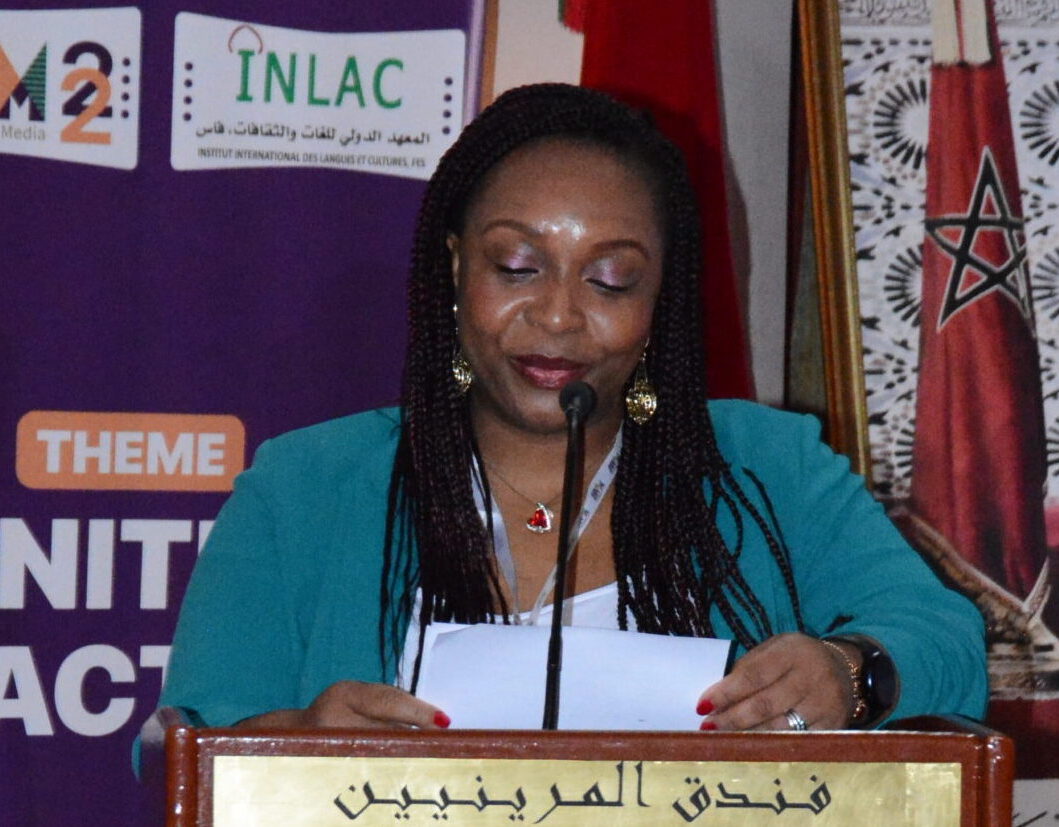Groundbreaking Workshop on AI and Technology-Facilitated Gender-Based Violence at AWiM24
Trending
Saturday May 24, 2025
Trending

African Women in Media is set to launch a media fellowship for women journalists in Nigeria and Kenya to improve the media representation of young women politicians in the two countries.
This was revealed by Dr Yemisi Akinbobola, the CEO and Co-founder of the organisation during a panel discussion on the second day of the 6th annual African Women in Media conference currently taking place in Fez, Morocco.
The fellowship is made possible through AWiM’s partnership with Luminate, an organisation working to increase the participation of underrepresented groups in civic and political life.
During the panel discussion titled “Women in politics”, Dr Yemisi revealed that the program will run for 12 months with the aim of increasing and improving the media coverage of young women in politics.
“The project will research the gaps and opportunities in how media currently engage with young women in politics and create media toolkits and guidelines to help address these gaps.” Dr Yemisi said.
She added that the project will also involve media training for female politicians in Nigeria and Kenya to increase their capacity to engage with the media.
Speaking at the conference was, Ms Tshegofatsoo Modubu, a PhD student from the University of Pretoria, South Africa who presented a paper on the coverage of women politicians in South African newspapers. She found that there is a disproportion in the coverage and framing of male and female politicians in the country and recommended the development of a barometer for media representation of female politicians across the continent as well as advocacy for fair media coverage.
A multimedia journalist from Kenya, Ms Queenter Mbori while speaking at the conference revealed that the political scene in her country remains largely male-dominated despite deliberate efforts to improve the status quo.
According to her, this is caused by a similar challenge faced by women in Kenya every election year. Some of the challenges she listed include inadequate political support especially in the primary elections, electoral gender-based violence, inadequate financial resources, gender stereotyping and patriarchal structures.
She, therefore, calls on media owners, stakeholders and regulators to ensure the use of gender-fair languages, eliminate stereotypes and promote coherent policies.
We’re not gonna spam. We’ll try at least.

Copyright 2020. African Women In Media
Copyright 2020. African Women In Media
Recent Comments